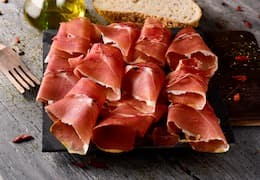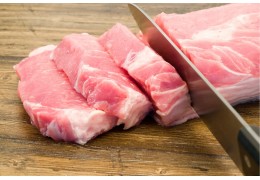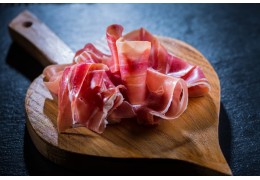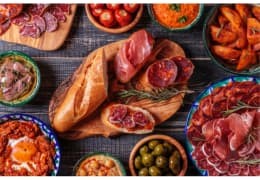Envie d’un apéritif aux saveurs d’Espagne ? Découvrez 10 recettes de tapas espagnoles faciles et authentiques à...
Search in blog
Latest posts

Learn how to identify a top-quality ham thanks to essential criteria: origin, breed of pig, maturing process,...

Have you just bought a Serrano ham and are wondering how best to preserve it? Here are some simple, tried-and-tested...

Discover , an exquisite and little-known piece of meat from the Iberian pig. Learn all about its origins, preparation...

Discover the fascinating origins of Serrano ham, from its Roman roots to its cultural role in Spain. Explore...
 Cookie preferences
Cookie preferences



